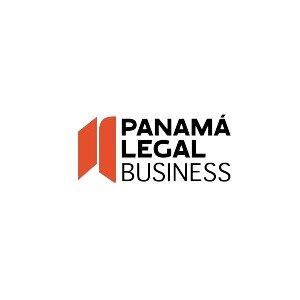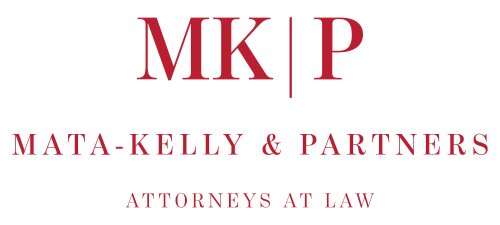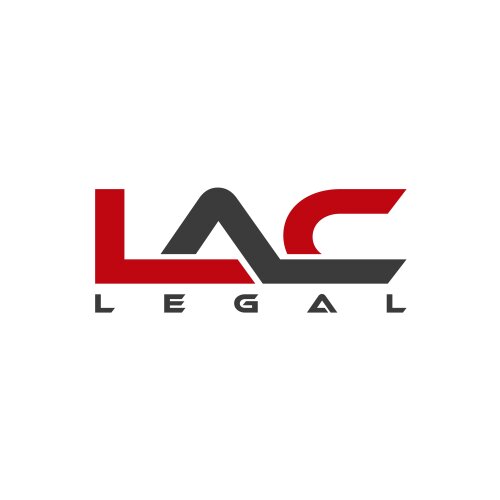Best General Litigation Lawyers in Panama
Share your needs with us, get contacted by law firms.
Free. Takes 2 min.
Or refine your search by selecting a city:
List of the best lawyers in Panama
About Litigation Law in Panama
Litigation in Panama refers to the process of taking legal action in the Panamanian courts to resolve disputes or enforce rights. Panama’s legal system is based on civil law, which means it follows comprehensive statutes and legal codes. The judiciary is an independent branch of government, and the litigation process typically involves both written submissions and oral hearings. Cases can range from civil, commercial, and labor disputes to criminal prosecution, intellectual property conflicts, and more. Understanding the local nuances of litigation is critical, as it can impact the strategy, timelines, and outcomes of legal disputes.
Why You May Need a Lawyer
There are several common situations in Panama where individuals or businesses may require legal assistance in litigation:
- Contract Disputes: Disagreements over the terms, execution, or breach of a contract.
- Commercial Litigation: Issues related to business transactions, such as partnership disputes, shareholder rights, or antitrust violations.
- Real Estate Conflicts: Disputes over property ownership, leases, or zoning laws.
- Labor Disputes: Conflicts between employers and employees, often involving claims of wrongful termination, discrimination, or unpaid wages.
- Family Law Matters: Issues such as divorce, child custody, or inheritance which may require legal intervention.
- Intellectual Property: Cases involving trademark infringements or patent rights.
- Personal Injury Claims: Legal actions resulting from accidents or negligence causing harm to an individual.
An experienced lawyer can provide essential guidance, represent your interests in court, and help navigate the complexities of the legal system in Panama.
Local Laws Overview
The following are some key aspects of local laws relevant to litigation in Panama:
- Civil Procedure Code: Governs the steps and processes involved in civil litigation, including filing a lawsuit, pre-trial activities, and trial procedures.
- Commercial Code: Regulates business activities and commercial relationships, vital for resolving disputes in trade, corporate law, and business transactions.
- Labor Code: Outlines the rights and obligations of employers and employees, crucial for labor disputes.
- Criminal Procedure Code: Establishes procedures for criminal prosecutions and defendants’ rights, ensuring justice in criminal cases.
- Constitutional Norms: The Constitution of Panama provides the fundamental rights and freedoms which can be pivotal in litigation concerning constitutional matters.
Frequently Asked Questions
What is the average duration of a litigation process in Panama?
Litigation processes in Panama can vary significantly in duration. Simple cases may take a few months, whereas complex commercial or civil disputes could last several years. Factors affecting the timeline include the complexity of the case, the court's schedule, and the need for multiple hearings or appeals.
How are legal fees structured in Panama for litigation cases?
Legal fees in Panama may be calculated on an hourly basis, a flat fee, or a contingency basis depending on the type of case. It's essential to discuss and agree upon fees with your lawyer beforehand to avoid any surprises.
Can I represent myself in a Panamanian court, or must I hire a lawyer?
While it is legal to represent yourself in court, it is generally not recommended due to the complexity of legal procedures and local laws. Engaging a qualified lawyer provides better chances of a successful outcome.
Are there any alternative dispute resolutions available in Panama?
Yes, alternative dispute resolutions (ADR) such as mediation and arbitration are available and often encouraged to resolve disputes more quickly and amicably compared to traditional court litigation.
What happens if I lose my case in Panama?
If you lose a case in Panama, you typically have the right to appeal the decision to a higher court. The appeals process can involve different procedures and may require additional legal representation.
What languages is the legal process conducted in?
The official language of the court system in Panama is Spanish. All legal documents and proceedings are conducted in Spanish, so it's crucial for non-Spanish speakers to have their legal representative or a translator handle language issues.
What must be proven in a civil lawsuit?
In a civil lawsuit, the plaintiff must prove their case by a preponderance of the evidence, meaning it must be more likely than not that their claims are true. This is a lower standard of proof compared to criminal cases.
How enforceable are foreign judgments in Panama?
Enforcing foreign judgments in Panama requires a process called exequatur, which involves submitting the judgment to a Panamanian court to have it recognized and enforced under Panamanian law.
What is the statute of limitations for bringing a lawsuit?
The statute of limitations varies depending on the nature of the case. For example, personal injury claims typically have a one-year limit, while contract disputes might allow a longer period, often up to five years.
Are court judgments publicly accessible in Panama?
Yes, court judgments are generally public records in Panama, except in certain sensitive cases where privacy laws might restrict access.
Additional Resources
For more information and assistance, the following resources and organizations may be helpful:
- Panama Judiciary: The official website provides access to various courts and judicial processes.
- Panama Bar Association: Offers directories of licensed legal practitioners and resources for finding legal help.
- Public Defender’s Office: Provides legal assistance to individuals who cannot afford a private lawyer.
- Ministry of Commerce and Industries (MICI): Useful for business-related legal inquiries.
- National Authority for Consumer Protection and Defense of Competition (ACODECO): Offers resources on consumer rights and business practices.
Next Steps
If you require legal assistance in litigation, consider the following steps:
- Identify the Type of Lawyer You Need: Depending on your case, you may need a civil, commercial, labor, or criminal lawyer.
- Research and Contact Lawyers: Use resources like the Panama Bar Association to find qualified lawyers experienced in the relevant field.
- Arrange a Consultation: Discuss your case, potential strategies, and fee arrangements during an initial meeting.
- Prepare Documentation: Gather all relevant documents, contracts, and evidence related to your legal issue to provide to your lawyer.
- Stay Informed: Keep up to date with the legal process and engage in regular communication with your attorney to understand developments in your case.
Lawzana helps you find the best lawyers and law firms in Panama through a curated and pre-screened list of qualified legal professionals. Our platform offers rankings and detailed profiles of attorneys and law firms, allowing you to compare based on practice areas, including General Litigation, experience, and client feedback.
Each profile includes a description of the firm's areas of practice, client reviews, team members and partners, year of establishment, spoken languages, office locations, contact information, social media presence, and any published articles or resources. Most firms on our platform speak English and are experienced in both local and international legal matters.
Get a quote from top-rated law firms in Panama — quickly, securely, and without unnecessary hassle.
Disclaimer:
The information provided on this page is for general informational purposes only and does not constitute legal advice. While we strive to ensure the accuracy and relevance of the content, legal information may change over time, and interpretations of the law can vary. You should always consult with a qualified legal professional for advice specific to your situation.
We disclaim all liability for actions taken or not taken based on the content of this page. If you believe any information is incorrect or outdated, please contact us, and we will review and update it where appropriate.
Browse general litigation law firms by city in Panama
Refine your search by selecting a city.

















